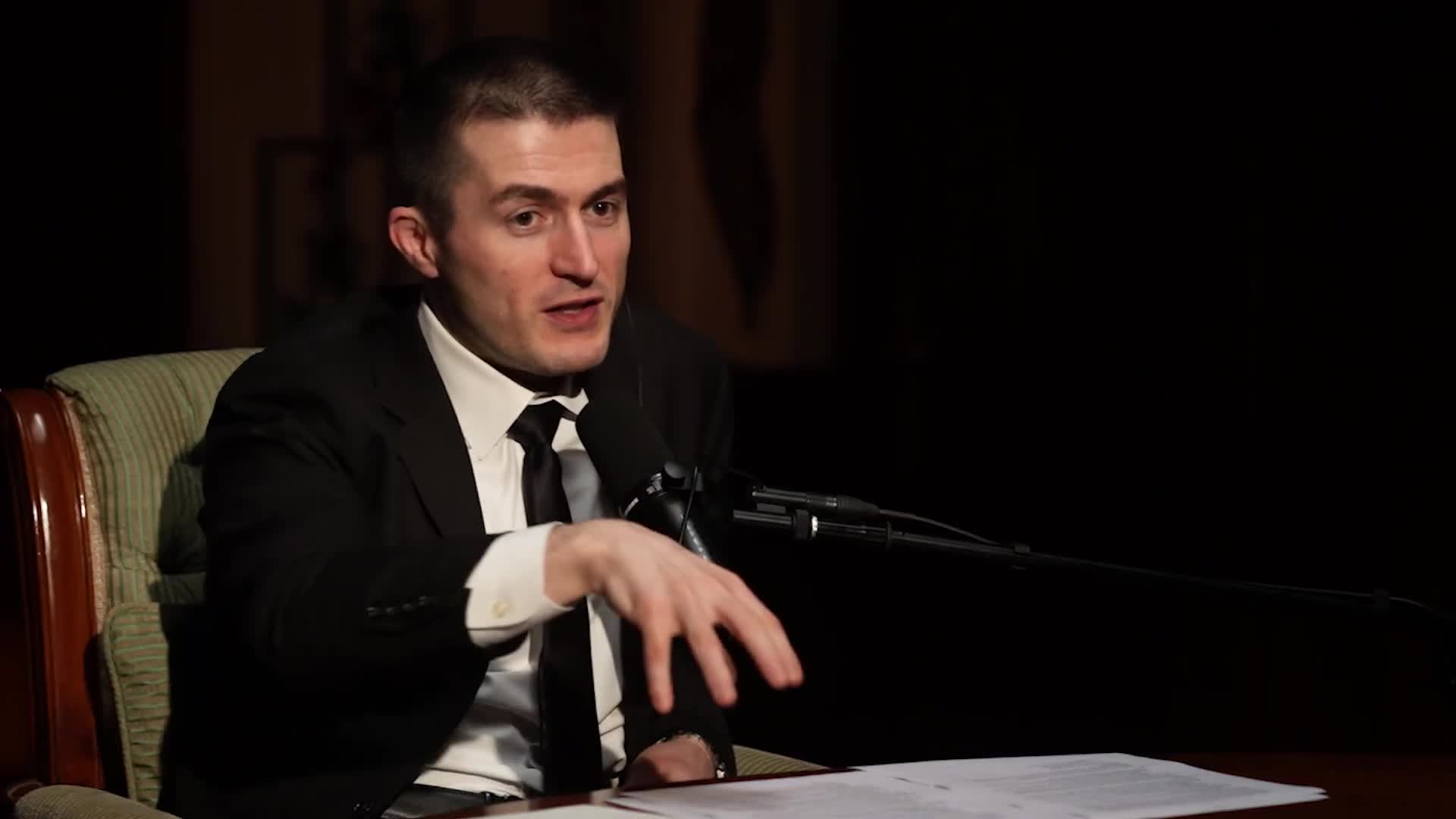Cultural Identity
Cultural identity is a vital aspect of human experience, defining an individual's sense of belonging to a particular group shaped by shared characteristics such as ethnicity, language, religion, and social practices. This multifaceted concept evolves continuously, influenced by personal experiences and societal changes, illustrating how interconnected heritage and identity can influence our worldview and interactions. As global dynamics shift, understanding cultural identity gains importance not just for individuals, but also for communities and organizations striving to navigate Diversity, Equity, and Inclusion (DEI) initiatives effectively. In recent years, cultural identity has emerged as a significant topic in discussions surrounding multicultural workplace diversity, where organizations recognize that fostering inclusive environments is critical for attracting and retaining diverse talent. This recognition helps mitigate the erosion of ethnic heritage and supports the preservation of unique cultural expressions. As the younger generations, particularly Gen Z, advocate for fluid identities and inclusivity, cultural identity becomes an essential framework for self-exploration and group cohesion. Moreover, with technological advances reshaping how we express and interact with our identities, the conversation around cultural identity extends into digital realms, spotlighting how social media platforms facilitate self-representation and community-building across diverse cultures. In summary, understanding cultural identity not only enriches personal development but is also pivotal in fostering empathy and collaboration within increasingly diverse societies.
What makes marketing management a suitable career path for those with an international business degree?
Marketing management aligns perfectly with an international business degree because it requires understanding cultural differences in consumer behavior across countries. Marketing managers must analyze regional needs, cultural sensitivities, and develop appropriate pricing strategies for different markets. In the US, consumers spend money relatively freely, while in other countries people may only purchase necessities. This role demands the ability to assess market readiness for products and understand global marketing trends. With an attractive average salary of $135,000 and 6% job growth (faster than average), this career offers both financial rewards and engaging cross-cultural challenges.
Watch clip answer (01:12m)How do Indian cultural values influence work ethic and professional success?
Indian culture emphasizes equal respect for both one's birthplace and workplace, fostering dedication in all endeavors. Prime Minister Modi explains that Indians strive to give their best regardless of position, maintaining ethical standards and avoiding questionable practices. This collaborative nature enables effective teamwork and leadership. The ability to work effectively in teams, understand people, and harness diverse abilities makes Indians globally competitive. Their upbringing in joint families and open societies develops exceptional problem-solving and analytical thinking. These qualities have led Indians to achieve leadership positions in major global corporations, excel in innovation, entrepreneurship, and create extraordinary results across various sectors including space.
Watch clip answer (02:04m)Why are we seeing a rise of Indian-origin CEOs in the global business landscape?
According to Laxman Narasimhan, the rise of Indian-origin CEOs can be attributed to several factors. India builds resilience, flexibility, and adaptability in its people, essential qualities for CEOs who must find solutions even in imperfect situations. Indian leaders demonstrate a remarkable ability to bring people together and build strong teams around a vision. Indian-origin leaders like Satya Nadella and Sundar Pichai possess humble personalities yet attract large teams to their visions. The combination of these leadership qualities developed in India with the opportunities provided in Western markets creates successful global executives. This trend extends beyond tech, with pioneers like Indra Nooyi breaking barriers and serving as role models for the next generation of Indian business leaders.
Watch clip answer (02:46m)What values drive successful people in India according to Prime Minister Modi?
According to PM Modi, successful Indians are driven by cultural values emphasizing equal respect for one's birthplace and workplace. They demonstrate unwavering dedication, ethical behavior, and collaborative spirit regardless of their position. Every Indian strives to give their best effort, never engaging in questionable practices while remaining committed to what's right. Success isn't just about individual knowledge but about effective teamwork, understanding others, and harnessing collective abilities. Indians' exceptional problem-solving capabilities and analytical thinking, cultivated in joint families and open societies, make them globally competitive leaders across various fields including corporations, innovation, and space technology.
Watch clip answer (02:19m)How does fasting affect our sensory perception and cognitive abilities?
According to Prime Minister Modi, fasting significantly heightens our sensory perceptions - especially smell, touch, and taste. During fasting, one can detect subtle aromas like water's scent or notice minute details in flowers previously overlooked. This sensory enhancement occurs alongside accelerated thinking processes, enabling fresh perspectives and out-of-the-box thinking. Modi emphasizes that fasting is not merely abstaining from food but a scientific process that creates balance between inner and outer self, ultimately sharpening observation skills and multiplying our capacity to respond to stimuli.
Watch clip answer (03:02m)What is the common thread among attendees of the Modern Day Knights Project?
According to the program, the common thread among many attendees is a past colored by abuse and the search for direction. Since its founding in 2019, the Modern Day Knights Project has served as a transformative boot camp where men confront trauma and work toward personal growth. The program has gained significant traction, holding 20 sessions and accumulating millions of views online. Despite raising questions about its purpose, it continues to attract men seeking community and guidance while addressing their personal struggles through intensive experiences and emotional confrontations.
Watch clip answer (00:17m)




